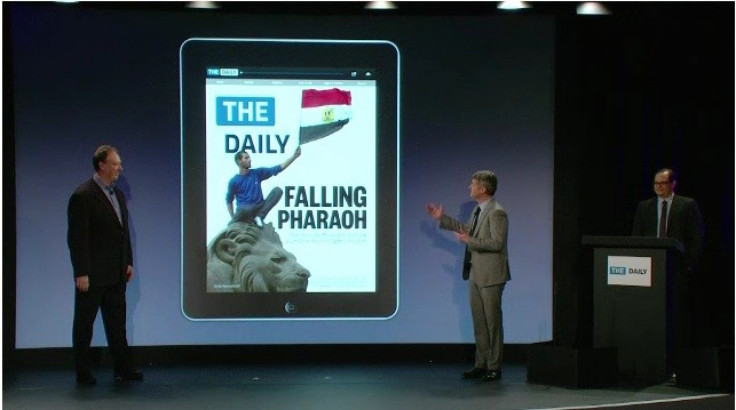Google’s publisher-friendly One Pass vs. Apple’s customer-friendly subscription service

Google has announced its Google One Pass service, a flexible business model platform for publishers to take on Apple's recently launched subscription service for publishers.
Google One Pass payment system allows publishers to fix their own terms for access to their digital content. They can use a wide variety of business models like subscriptions, day passes, and metered access, pay-per-article and multi issue packages. They can offer freemium content or even single articles for sale from their websites or mobile apps.
The payment platform which is powered by Google Checkout is part of Google's strategy to bring purchase once, view-anywhere functionality to digital content. Readers can access content purchased through One Pass publishers using a single sign-on with an email account and password.
Content can be accessed through various devices like tablets, smartphones and eReaders as content can be delivered through the browser or via mobile apps. The functionality also mitigates the need to authenticate existing customers. Thus, readers can access content from a different device, without having to subscribe again. In order to facilitate this, a publisher can give their customers codes verifying their subscription status, or can offer content to existing subscribers through solutions offered by Google One Pass.
The platform acts as an e-commerce platform for publishers and offers an interface where publishers can list their content, which should, of course, be their own.
In comparison, Apple's subscription strategy which was ushered in with News Corp's iPad-centric newspaper, The Daily involves a revenue sharing model under which Apple takes 30 percent of the revenue if a user signs a subscription in-app. However, if the sign-up takes place outside the app, the publisher can keep 100 percent of the revenue. Apple CEO Steve Jobs described the process as: Our philosophy is simple-when Apple brings a new subscriber to the app, Apple earns a 30 percent share; when the publisher brings an existing or new subscriber to the app, the publisher keeps 100 percent and Apple earns nothing.
Also when publishers sell subscriptions outside the app, then publishers must provide their own authentication process. In Google's One Pass, the service helps publishers authenticate existing subscribers.
Customers who avail subscriptions through Apple App Store have the choice of providing the publisher with their name, email address and zip code when they subscribe, while Google One Pass allows publishers to maintain direct relationship with their customers directly.
Google beats Apple in the revenue sharing model as Gigaom reported that Google will charge 10 percent of the revenue rather than a 30 percent cut that Apple takes.
Apple subscription service uses the App Store's billing system for apps and in-app purchases. Its in-app subscription system offers a one click system which makes the whole subscription process extremely user-friendly. Thus, Apple is charging for the platform it has created for publishers.
Google's platform helps publishers to effect payments and to manage their back-end services as well. Here, Google's One Pass will certainly offer stiff competition to Apple's subscription service since Apple puts the onus of authentication on the publisher when they are operating outside the app and does not share any customer information with the publisher.
© Copyright IBTimes 2024. All rights reserved.











